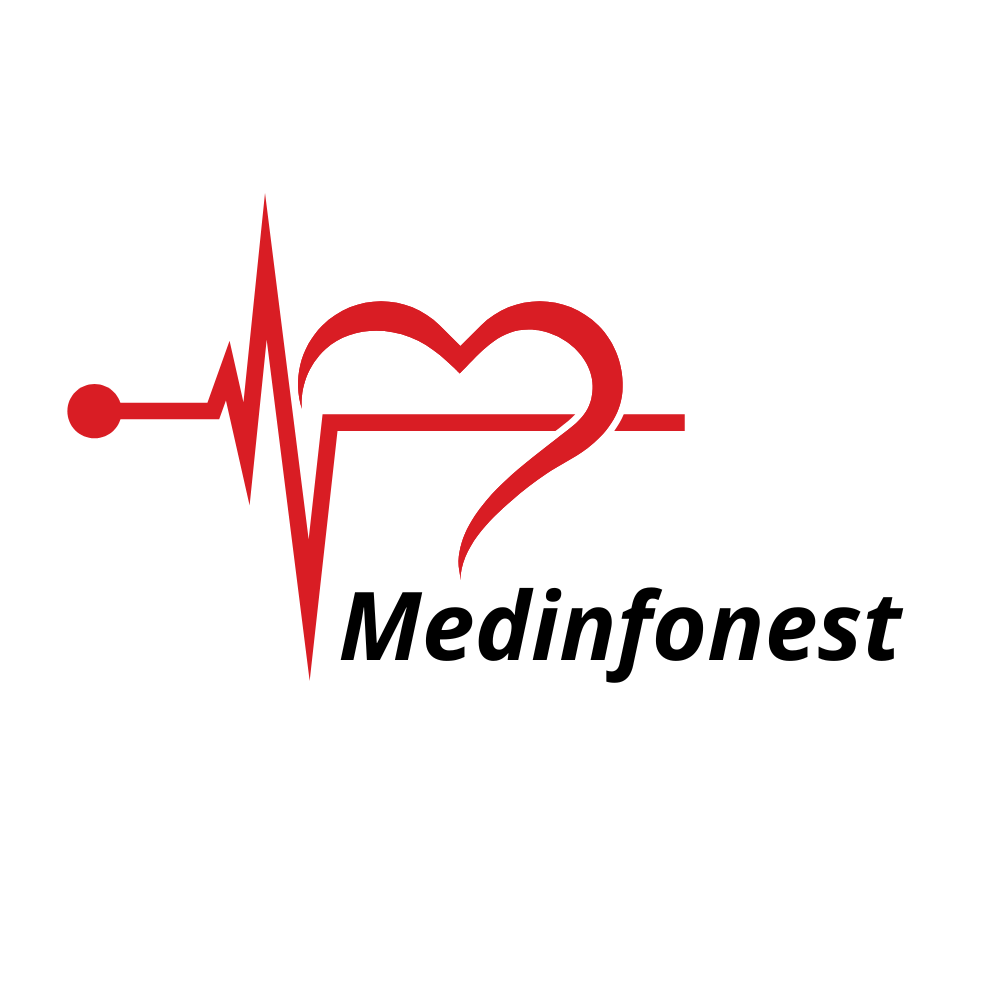What is Huntington’s Disease?
Huntington’s Disease (HD) is a hereditary neurological disorder passed from one generation to the next. It impacts specific parts of the brain responsible for movement, emotions, and cognition. Being an Autosomal Dominant disorder, only one copy of the defective gene is necessary for the disease to manifest. Symptoms commonly appear between ages 30 and 50, though the disease can occur at any age.
Signs and Symptoms of Huntington’s Disease
Symptoms worsen over time and can be grouped into three categories: motor/physical, cognitive, and psychiatric.
Motor Symptoms:
- Involuntary or writhing movements (chorea)
- Muscle rigidity
- Problems with coordination and balance
- Difficulty with speech and swallowing
Cognitive Symptoms:
- Memory loss
- Difficulty organizing tasks
- Poor decision-making skills
- Trouble focusing
Psychiatric Symptoms:
- Depression and anxiety
- Irritability and aggression
- Mood swings
- Social withdrawal
The progression of these symptoms can make handling daily tasks quite challenging, much like conditions such as Thalassemia or CKD, where early symptoms play a crucial role in patient care.
Causes of Huntington’s Disease
It is caused by a genetic mutation in the HTT gene on chromosome 4. This mutation results in abnormal proteins that damage brain cells. If a parent has Huntington’s, their child has a 50% chance of inheriting the disorder. This understanding of genetic inheritance is vital in managing other genetic disorders like Thalassemia, a condition also caused by gene mutations.
How Huntington’s Disease is Diagnosed
Several tests are used to diagnose Huntington’s Disease:
- Genetic Testing: The most reliable way to confirm the presence of the defective gene.
- Neurological Exams: To assess muscle use, coordination, reflexes, and posture.
- Psychiatric Evaluation: To evaluate mood swings, depression, and how the disease affects mental health.
Other conditions like Multiple Myeloma and Soft Tissue Sarcoma also require thorough genetic and physical exams for a proper diagnosis.
Treatments
Currently, there is no cure for Huntington’s Disease, but treatments focus on managing symptoms and improving quality of life.
Medications:
- Antidepressants to manage psychiatric symptoms
- Medications to stabilize mood
- Anti-spasmodic drugs to control muscle rigidity
Physical Therapy:
Physical therapy helps patients maintain mobility. Muscle-strengthening exercises, such as those targeting the back and biceps, improve balance and coordination, much like those used for conditions such as Pyogenic Liver Abscess.
Speech Therapy:
Because speech becomes impaired, therapy helps improve communication.
Occupational Therapy:
Occupational therapy helps patients adapt to daily activities, making it easier to manage household chores. For other health conditions, like Chronic Kidney Disease (CKD) and Bladder Calculi, occupational therapy plays a role in maintaining quality of life.
Lifestyle Modifications
Lifestyle changes can help manage Huntington’s symptoms:
- Healthy Diet: Consuming sufficient vitamins and minerals is crucial, especially for those with swallowing difficulties. Vitamins for Digestion can be particularly helpful.
- Time Management: Structuring daily activities can help patients maintain independence for as long as possible.
- Mental Health Support: Counseling and therapy are essential for managing depression and anxiety. Understanding mental health conditions like Obsessive Compulsive Disorder and Bipolar Disorder can also provide complementary approaches to treatment.
Early Diagnosis is Key
As with many chronic conditions, early diagnosis of Huntington’s Disease can slow disease progression. The sooner the disease is identified, the better the chance of improving the patient’s quality of life. This is true for other diseases like Schizophrenia or Pancreatitis, where early intervention can make a significant difference.
Family members of those diagnosed with Huntington’s Disease should consider genetic counseling. Just as families dealing with ALS vs MS benefit from support networks, families facing Huntington’s can find solace in the right counseling and medical care.
Mental Health and Huntington’s Disease
Huntington’s Disease severely affects the patient’s mental health. Counseling and medications can help manage psychiatric symptoms, much like in other mental health disorders such as Narcissistic Behavior. As with other neurodegenerative diseases, addressing both the physical and mental aspects of the disorder is crucial for overall well-being.
Frequently Asked Questions (FAQs)
1. How does Huntington’s Disease develop?
Huntington’s Disease is caused by a genetic mutation in the HTT gene, passed down from parent to child. Each child has a 50% chance of inheriting the gene.
2. How is Huntington’s Disease diagnosed?
The most common diagnostic methods are genetic testing and neurological exams.
3. What are the early signs of Huntington’s Disease?
Early symptoms include mood changes, difficulty concentrating, and involuntary movements.
4. Can Huntington’s Disease be treated?
While there is no cure, treatments can help manage symptoms, including medications for mood stabilization and physical therapies.
5. What medications are prescribed for Huntington’s Disease?
Patients are often prescribed antidepressants, mood stabilizers, and medications to control motor symptoms.
6. How does Huntington’s Disease affect daily life?
Motor skills, memory, and behavior become impaired, making everyday tasks more difficult.
7. Is Huntington’s Disease hereditary?
Yes, it is inherited. If one parent has the gene, each child has a 50% chance of inheriting it.
8. How long do people with Huntington’s Disease live?
On average, individuals live 10 to 30 years after being diagnosed, depending on the progression of the disease.
9. Can Huntington’s Disease be prevented?
There is currently no way to prevent the disease since it is genetic.
10. How can a healthy lifestyle improve life with Huntington’s Disease?
Maintaining a balanced diet, exercising, and caring for mental health can improve quality of life.












